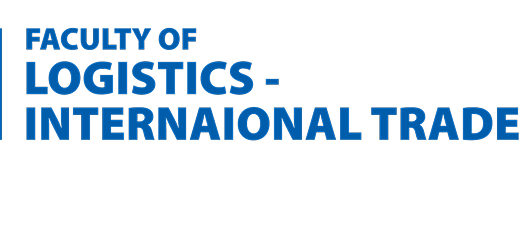Sustainable Aviation Fuel (SAF) In Its Mission To Clean The Skies

According to statistics from the International Air Transport Association (IATA), in 2019 (before the COVID-19 pandemic), the aviation industry consumed nearly 8% of the world’s gasoline and oil products. This number is equivalent to 7 million barrels of fuel per day, of which passenger aircraft account for more than 90%. In proportion to the amount of fuel consumed, flights also release an average of 1 billion tons of carbon per year, accounting for nearly 3% of global emissions.
According to experts, to limit the use of fossil fuels, electric or hydrogen aircraft could be the solution. However, commercializing this type of aircraft will take many decades. Another more feasible solution, currently being promoted by both the US and Europe, is the production of sustainable aviation fuel (SAF).
Through this article, let’s learn more about sustainable aviation fuel (SAF) and the benefits that SAF brings in the mission of ‘cleaning the skies’!
What is Sustainable Aviation Fuel?
SAF is an aviation fuel with approximately 80% lower CO2 emissions than conventional fuel. This alternative source of jet fuel is made from plastic waste, used cooking oil, animal fat or biomass such as algae and wood chips. Scientific research shows that using SAF fuel produces up to 80% lower carbon emissions than conventional jet fuel.

The Japanese government has set a goal of increasing the proportion of SAF usage in the total annual fuel consumption of domestic airlines to 10% by 2030.
Mr. Eric Schulz, former Airbus CEO, said: “SAF is the only short-term solution. Because airlines can take an aircraft that has been operating for the past 10 years and immediately use the new fuel.”
Efforts to adopt Sustainable Aviation Fuels (SAF)

To promote sustainable aviation fuel, the European Union aims to use 2% of SAF fuel by 2030 and 5% by 2050 according to the bloc’s joint agreement. In Asia, major airlines of Japan such as Japan Airlines or All Nippon Airways also started using SAF, and outlined a roadmap to reach the prescribed emission level by 2050.

Meanwhile, in early July, Singapore Airlines announced that it would use 1,000 tons of SAF fuel next year, with the goal of reducing 2,500 tons of carbon. Ms. Lee Wen Fen, Vice President of Singapore Airlines shared: “SAF is an important key to carbon reduction, demonstrating our commitment to achieving net zero emissions by 2050.”
In the world, the use of SAF raw materials is still insignificant due to its high cost. Estimated production costs per liter of this fuel range from 1.4 USD to 11.5 USD, 2-16 times more expensive than traditional gasoline fuel. However, the International Air Transport Association (IATA) predicts that SAF could account for 2% of global jet fuel use by 2025, 17% by 2035 and 65% by mid-century.
In addition, increasing production scale is also considered the key to reducing SAF production costs to the same level as fossil fuels in the future. According to experts, this is both a mission to ‘clean the skies’ of the aviation industry and open a new fuel market worth up to 15 billion USD.
According to data from the Vietnam Aviation Administration, air transport is a fast, safe mode of transportation, meeting the increasing demand for travel, tourism, trade and goods transportation, creating jobs. and makes a major contribution to GDP to the domestic and foreign economies.
However, besides its outstanding advantages, the aviation industry has been causing many negative impacts on the environment, in which aircraft emissions are one of the causes of air pollution.
At the 26th Conference of the Parties to the United Nations Framework Convention on Climate Change (COP 26), 150 countries, including Vietnam, committed to the goal of reducing carbon emissions to achieve emission levels. net zero by 2050.
Sharing the same vision and sustainable direction of the world aviation industry, Vietnam Aviation is no exception. Domestic airlines such as Bamboo Airways, Vietjet, Vietnam Airlines, Pacific Airlines are also pursuing this direction.


